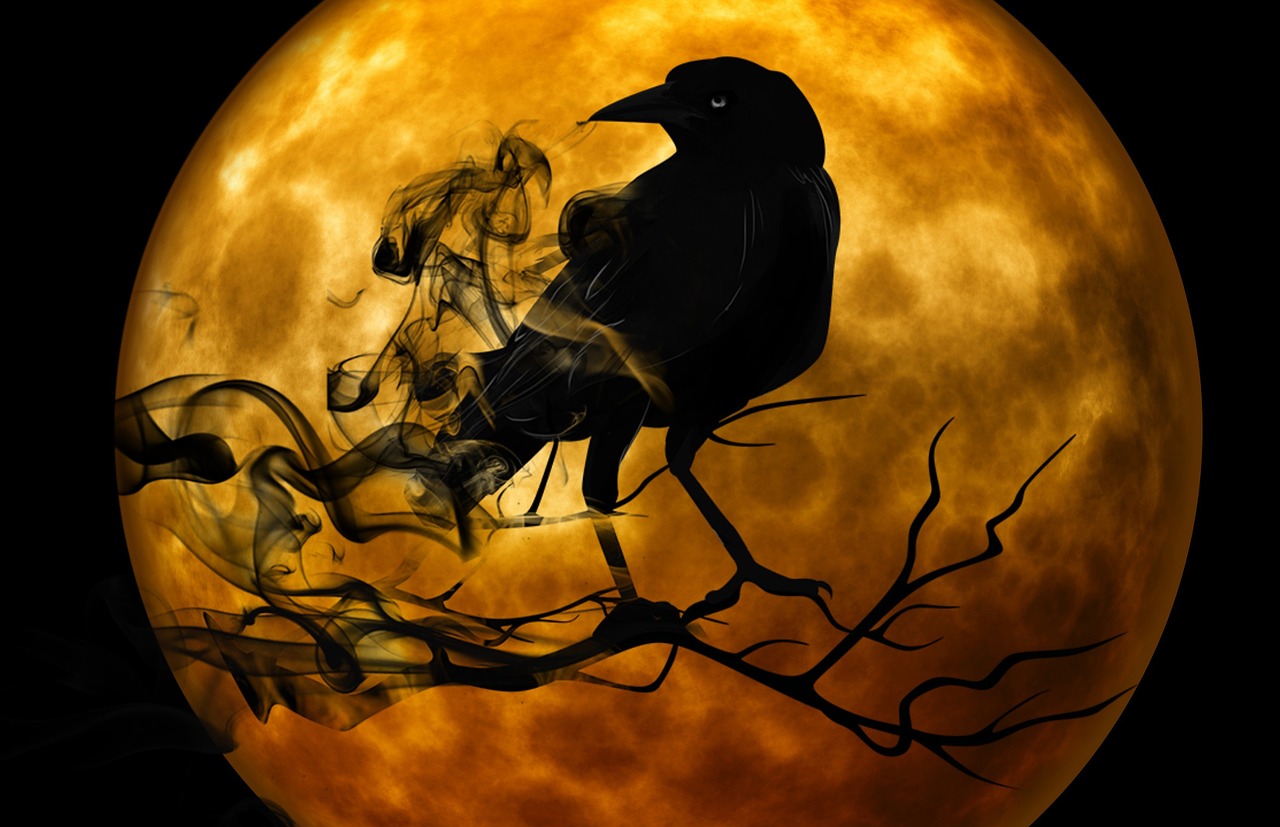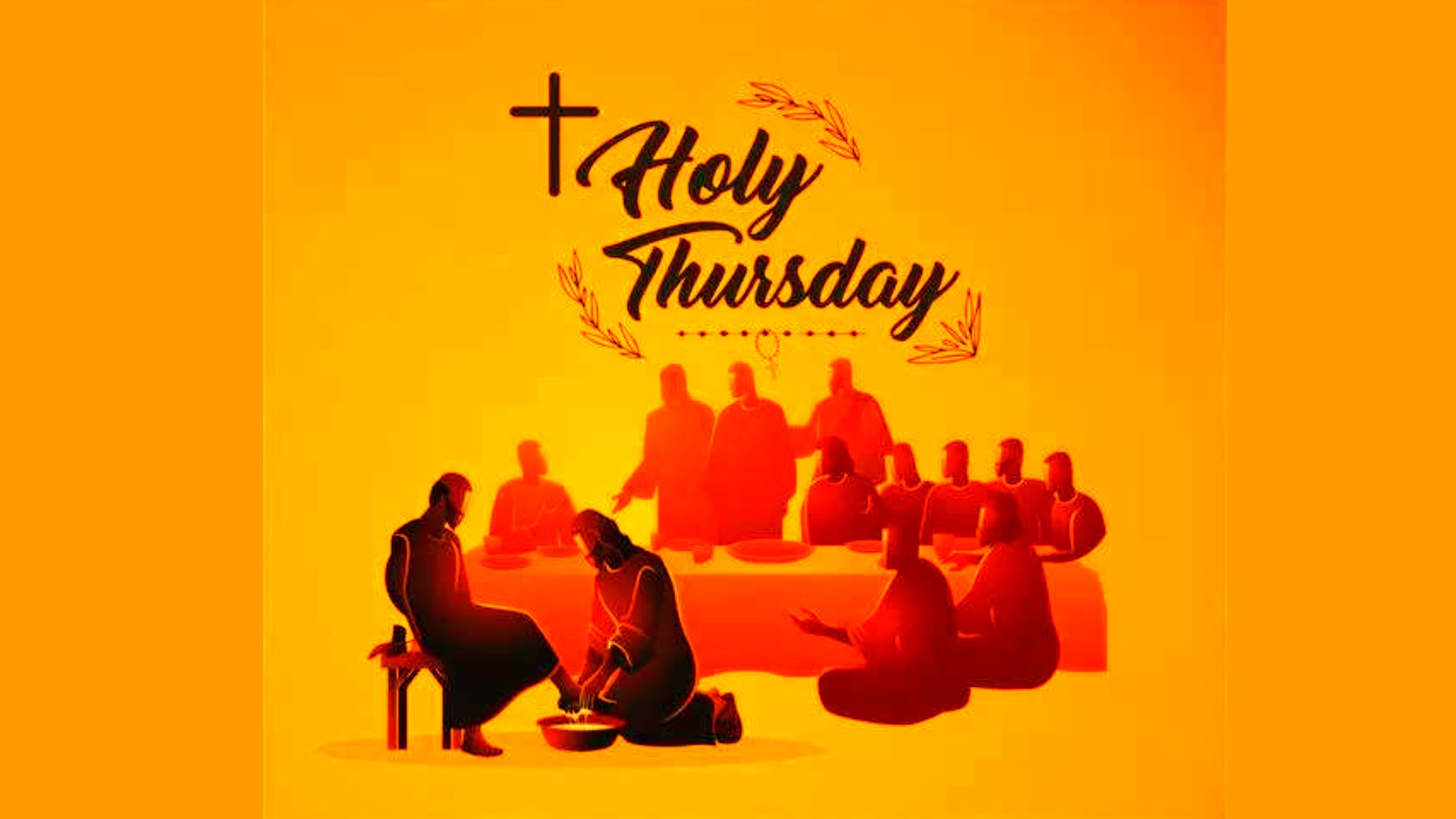Horror poems - 3 most Scary Horror poems to read in the dark
3 Most Scary Horror poems to read in the dark
Poetry moves us; it can make us think, see the world in a different way; it can even make us laugh. But can poetry send a shiver down the spine? We think so. Below, we have selected three of the scariest and most chilling poems. We introduce each of the poems and provide a full poem. So if you’re ready to have your spine tingled, read on …
1. Samuel Taylor Coleridge, ‘Christabel’.
Is the night chilly and dark?
The night is chilly, but not dark.
The thin gray cloud is spread on high,
It covers but not hides the sky …
If you go down in the woods today – or rather tonight – and your name is Christabel, you’d better beware… Coleridge’s classic poem is one of the great Gothic poems in English literature. It’s got it all: mysterious night-time encounters, enigmatic characters, and even two women who end up going to bed together, if that’s your sort of thing for Halloween.
The poem focuses on the titular character’s encounter with Geraldine, who claims to have escaped from a gang of men who kidnapped her. Coleridge completed the first two parts of the poem in 1800, but Wordsworth advised his friend to leave it out of the second edition of Lyrical Ballads published that year, and so the unfinished ‘Christabel’ wasn’t published until 1816.
2. Edgar Allan Poe, ‘The Raven’.
Once upon a midnight dreary, while I pondered, weak and weary,
Over many a quaint and curious volume of forgotten lore—
While I nodded, nearly napping, suddenly there came a tapping,
As of some one gently rapping, rapping at my chamber door …
As well as being one of the scariest Gothic poems in the English language, this is also one of the saddest, thanks to its tragic love story. But the way Poe sets the scene – the speaker is alone, at midnight, when someone taps on the door – is enough to make us hold our breath in anticipation.
3. Robert Browning, ‘Childe Roland to the Dark Tower Came’.
My first thought was, he lied in every word,
That hoary cripple, with malicious eye
Askance to watch the working of his lie
On mine, and mouth scarce able to afford
Suppression of the glee, that purs’d and scor’d
Its edge, at one more victim gain’d thereby …
This remarkable dramatic monologue, first published in 1855, recasts the Victorian penchant for medievalism into an altogether darker frame: the poem details the quest of the titular Roland to find the elusive Dark Tower. Browning creates a vivid dreamscape out of his fevered imagination and his attempts to overcome writer’s block in the early 1850s.
Browning borrowed the title for his grotesquely Gothic poem from a line in Shakespeare’s King Lear; the character of Roland as he appears in Browning’s poem has in turn inspired Stephen King to write his Dark Tower series.
Bookmark us for daily updates!















Post a Comment